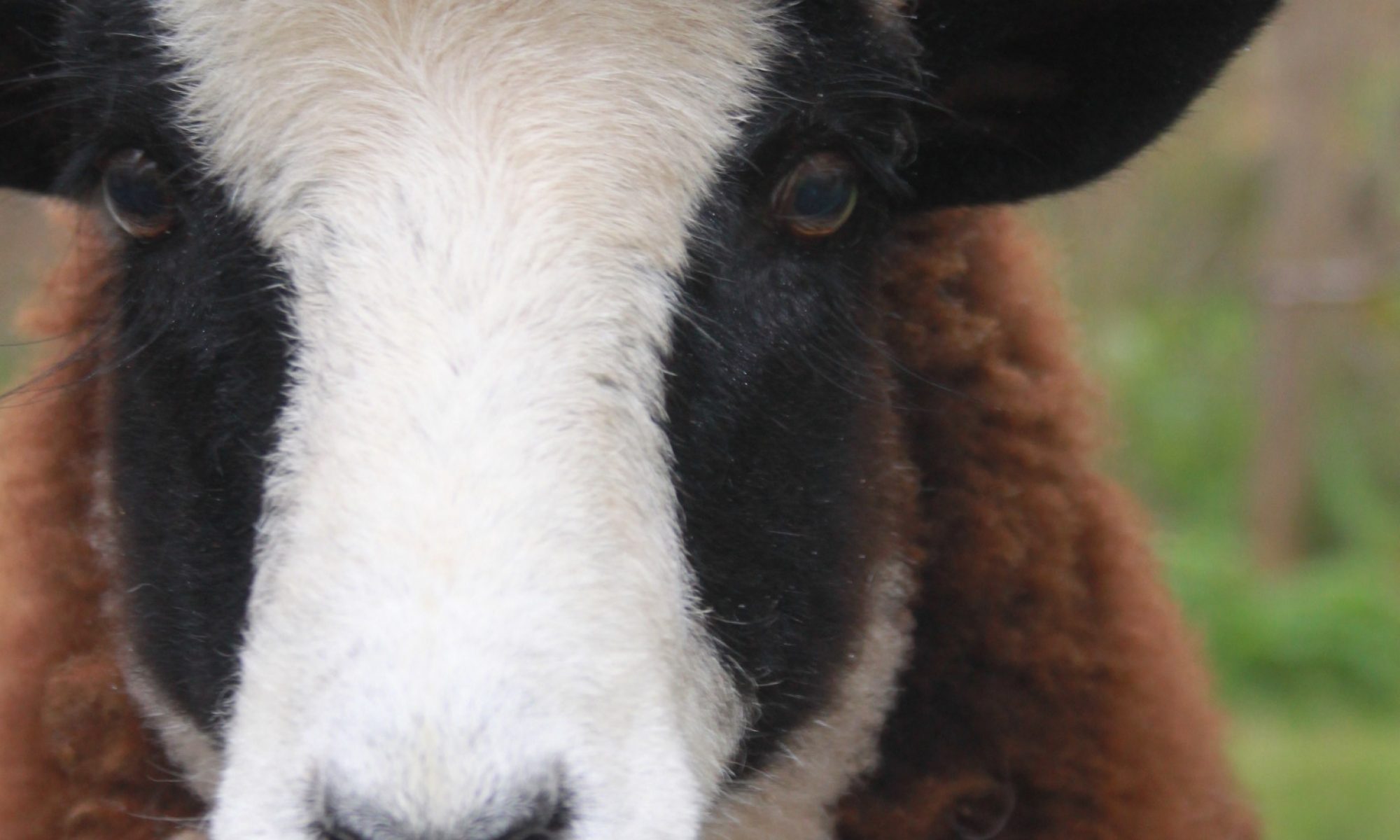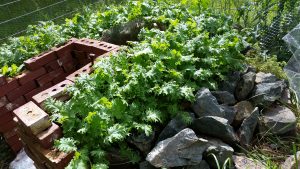Good soil is indeed gold…but gold is only worthwhile if gold is sold. Gold in the hand does little good. Good is the operative word here. Does it do ‘good’ to sell the gold? Is it accurate to say ‘I made good on that land’. It makes money, but is that good? Was there a better purpose? Perhaps keeping the soil in place would allow it to grow in value. Invest the gold instead of harvesting it. Perhaps you could find a way to live on the dividends instead of the principle.
What do you mean when you say, “That did me some good”. Usually you mean it improved your lot in life. Maybe your health, for example. I would not deny you your health. I want your health. I am glad that did you some good. In this case, certainly we want what is good. I have a feeling this is a more accurate use of the word good when talking about the land. Good land nourishes, heals, and sustains.
What about, “That apple is no good”. Here, no good means it has no value, might even make you sick. Here, health is at risk. But again we must be cautious. To the speaker, perhaps, as immediate food the apple is not a good choice. But a rotting apple has plenty of value and does plenty of good in the right place.
Suddenly Good is not such a simple word. We should be very cautious when ascribing such an unspecific term to such a critical topic.
What is good for the land, and what makes a good farmer is an essential question.
Exchange happens. Energetic inputs and outputs flow to and from a farm. Your soil provides the food, that feeds you and animals, who in turn feed you. It matters that we track the benefits and beneficiaries across the ecological community,
Chief Seattle articulated this. What about not buying or selling the land? What about not capitalizing on the soil? What about letting the land feed you, but not overtaxing that delicate relationship? What about, instead, keeping it in balance, allowing it to rejuvenate?
This goes beyond sustainability; this is about minimalist use. How much can you allow the land to be itself, while you belong there, too? How fair can you be with your piece of earth that you call home? How lightly can you live there? Can you farm and leave no trace?
Forest farming has my attention. Wild edibles do too. There is a whole lot more nutrition, a whole lot less work, and a ton of innate resilience in the native greens some call weeds. Sure, domestic greens do provide less challenge to the palate for some. Perhaps they can grow together.
_________________________________________________
A good farmer, then, farms in relationship with the land, with minimal impact and allowance for the human’s right to be there also. The good farmer recognizes they do belong to the community of beings in a place, and like the others, makes a place where growing and thriving happens, just not to the exclusion of everyone else. Good farmers and good land give to each other, and belong to each other.
Belonging becomes the word. A good farmer belongs.

